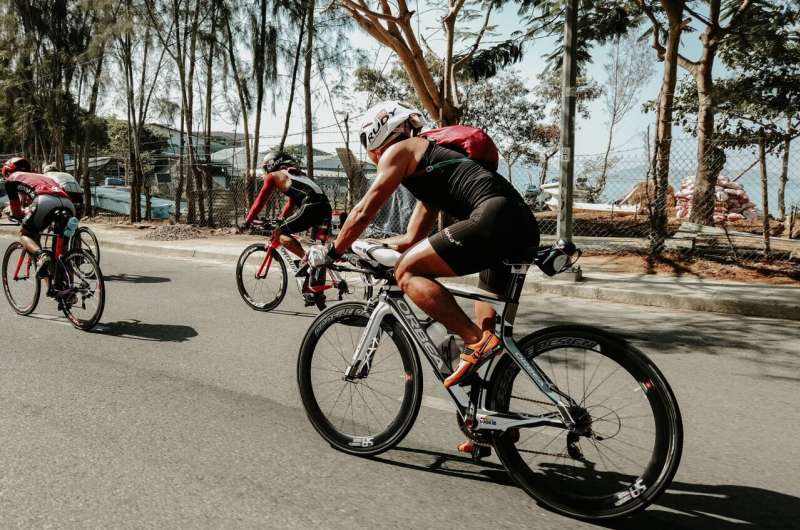
How do you get to work in the mornings? Transport currently accounts for 25 per cent of GHG emissions in European cities. If we are to achieve our emissions targets, one of the things we need to do is change how we get to and from work. An EU project now hopes to influence these choices through nudging.
Dynamic Mobility Nudge (DyMoN) is a recently started EU research project with collaborating partners from all over Europe. The ultimate goal of the project is to change people's mobility behaviors in order to create a more sustainable society.
Mahmoud Shepero is a post-doc at the Department of Civil and Industrial Engineering and one of the participants in the project.
"The aim of the project is to encourage people to change their urban mobility habits, to cycle more and to use public transport instead of taking the car," he says.
Encourage more sustainable choices
So what does nudging mean in this context? It's really about giving us a gentle push in the right direction. Quite simply a tool to encourage more sustainable or healthy choices without limiting people's options. Nudging draws on findings from behavioral economics and psychology and works, for example, by directing attention, changing the environment or through social influences.
"An example of nudging might be a lunch buffet with lots of salads to encourage people to eat more vegetables," Mahmoud Shepero explains.
Uppsala University's role in the project is to develop a model that can simulate people's movements in urban areas. This information is useful for traffic planners to determine how people use different modes of transport during rush hours. It will also help to show how nudges influence people's choices of mode of transport. Data is needed in order to develop the model. If personal data is to be used, for example how a person gets to and from work, it is important that the data is protected in accordance with the current legislation. Uppsala University will also be developing this aspect.
In addition to Uppsala University, the project involves a number of other actors from around Europe. These include the Swedish Sustainability InnoCenter and Ecollective, the University of Salzburg Research Institute and Trafficon, a German consulting, data, and geoservices company.
Cycle instead of taking the car
Mahmoud Shepero believes that nudges can help residents of Uppsala, and others, to make better and more sustainable choices.
"If the weather is good, you might get a message the night before or the same morning saying that it's nice weather and if you cycle to work tomorrow it will take ten minutes. The idea is that this will hopefully lead to the person cycling instead of driving or taking public transport," he says. "Similarly, nudges in the form of information about bus times can be sent to encourage you to take public transport rather than taking your car to work."
More sustainable transport
The challenge for this project is to identify the right form of nudging.
"It can be difficult to get people to change their habits. What works can also vary between different cities in different countries, so it will be a challenge to find something that's applicable across all circumstances," says Mahmoud Shepero.
He hopes the project will help them find the right nudges to help urban and transport planners to create more sustainable urban transport.
"In other words, to increase the proportion of sustainable modes of transport being used: cycling or taking the bus instead of your car," says Mahmoud Shepero.
Explore further
Citation: How research can encourage us to cycle more (2021, August 19) retrieved 19 August 2021 from https://ift.tt/3xVR8Q5
This document is subject to copyright. Apart from any fair dealing for the purpose of private study or research, no part may be reproduced without the written permission. The content is provided for information purposes only.
"cycle" - Google News
August 19, 2021 at 11:04PM
https://ift.tt/3xVR8Q5
How research can encourage us to cycle more - Phys.org
"cycle" - Google News
https://ift.tt/32MWqxP
https://ift.tt/3b0YXrX
Bagikan Berita Ini














0 Response to "How research can encourage us to cycle more - Phys.org"
Post a Comment